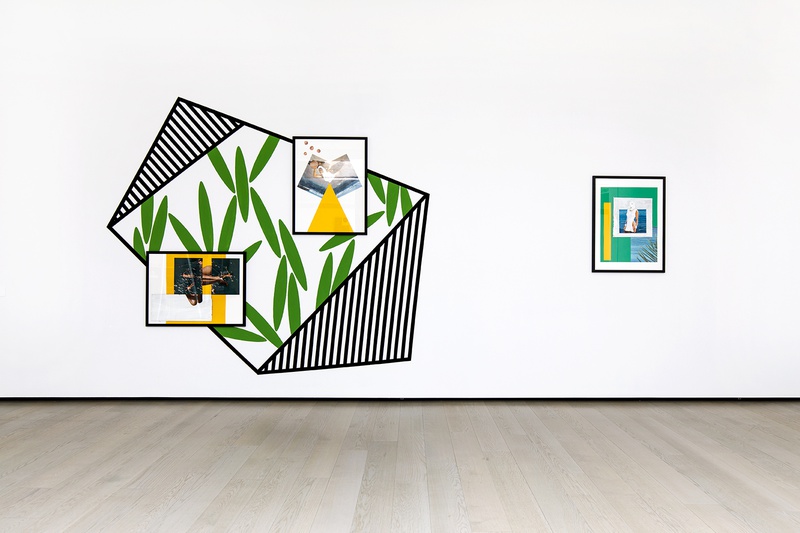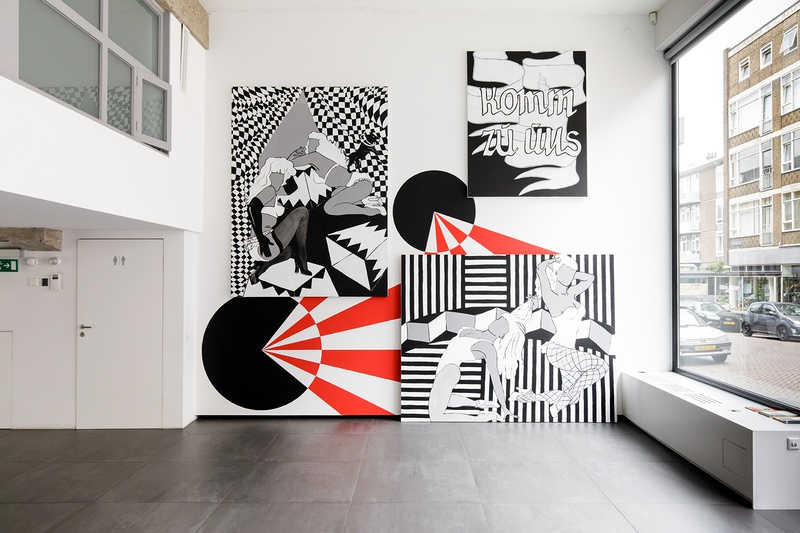World news can upset her considerably, encroaching upon her thinking and behaviour. She wants to expose and extrapolate appalling abuses of gender and power, be they under the guise of politics or religion. Without any filter, it is too fraught for her, but by working with a seemingly cheerful fairy-tale ‘coating’, she is able to better understand and digest it.
Fairy tales teach us not only about morals and the abominations people are capable of, but also how to play the ‘social’ morality game. How do boys behave, and how chaste are girls? The role you get to play in life is still largely defined by social, religious and/or political conventions. These define, consciously or otherwise, the space and boundaries within which you may play the role of man or woman. Life is an intricate game, a network of rules and conventions. Those who understand it remain within the safe rules surrounding the social structure they inhabit.
The role that women may play is defined by culture, but even more so by our ‘stories’. Wafae Ahalouch draws on history and art-history, fairy tales and contemporary situations to unravel the stereotyping of gender roles. She wants to expose them and overturn them in a playful manner.
When she was working in Berlin, Ahalouch examined the Second World War and the mechanism of propaganda that was so inextricably linked with it. It was only much later that people who saw the play about Hitler and his SS became aware of its real and macabre side. She depicted the results of this examination in the form of a circus. Since then, the circus has become a Leitmotiv in her work, serving as an abstraction of reality. She shows that the political power game and the fight for the position of women in the social circus is ongoing.
As well as being a verbatim quote from the Hitler Youth movement, Komm Zu Uns (come and join us) is a call to join the exhibition, Yael Bartana’s project, and in a wider sense to join the women’s emancipation and movement.


